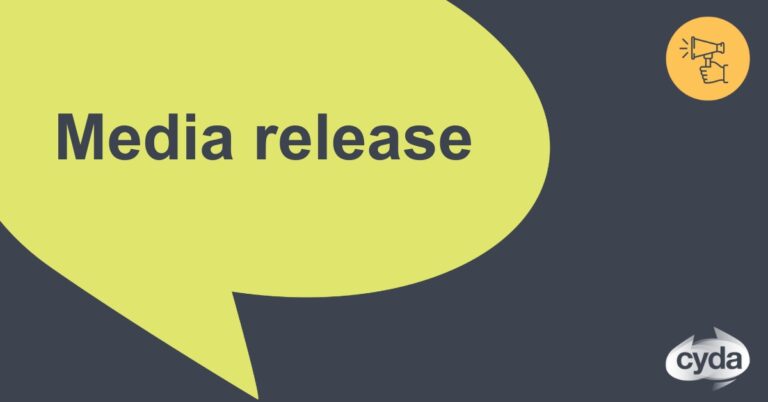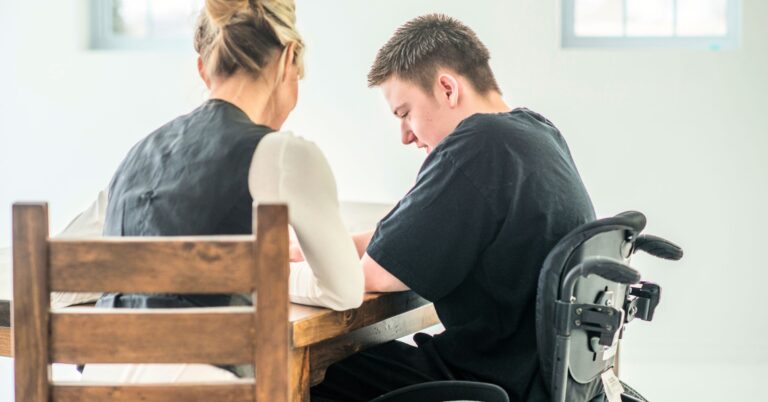Disability Royal Commission
⚠️ Content note: This page contains references to violence, abuse, neglect, exploitation and child sexual abuse. Please click here to access details of support services.
About the Disability Royal Commission
The Royal Commission into Violence, Abuse, Neglect and Exploitation of People with Disability – also called the Disability Royal Commission – started in 2019.
A Royal Commission is an independent investigation into issues of public importance. The commissioners are appointed by the government.
The Disability Royal Commission did research, heard evidence and received almost 8000 submissions from people with disability and other witnesses talking about their experiences.
On 29 September 2023, the Final Report was made available to the public. This page includes information about what the Royal Commission findings and recommendations will mean for children and young people with disability.
Children and young people with disability do not get the opportunity to engage in their communities, education and employment at the same level as their non-disabled peers. This places them are at greater risk of experiencing violence, abuse, neglect and exploitation across any place or system and throughout their life course.
This information might be upsetting to read. You can find contact details for support services at the bottom of this page.
Green speech bubble with the word “Education” in it.
Education
CYDA calls for equity in education through:
- A review of supports for children with disability in early childhood education and care
- A commitment to phase out segregated education for all students
Inclusive Employment
Orange speech bubble with the words “Inclusive Employment”.
Grey speech bubble with the words “restrictive practices”.
Restrictive Practices

Queensland risks condemning generations of students to segregated schooling
The Australian Coalition for Inclusive Education is deeply alarmed by the Queensland Government’s recent announcement to build six new special schools.

No more delays – it’s time for a National Roadmap for Inclusive Education, say peak disability organisations
The right to a fully inclusive education system is out of reach for too many children and young people with disability. This election, a coalition of disability organisations calls for all candidates to commit to a National Roadmap for Inclusive Education.

Disability Royal Commission – a guide to how governments responded, and what it means for you
Federal, state, and territory governments have recently published their responses to the Disability Royal Commission. Let’s break down what they said about the recommendations most likely to impact children and young people with disability.
Neurodivergent kids ‘dumped’ from mainstream education amid debate over special schools
The Guardian
Disability community says royal commission a turning point, but action must follow for meaningful change
ABC
Advocates reissue calls to close down 'special schools' after disability royal commission split
ABC
Between 2019 and 2022, CYDA provided 22 submissions to the Disability Royal Commission on the issues that impact children and young people with disability, and their families and caregivers.
We also supported young people with disability to speak out about their experiences at Royal Commission hearings and presented evidence from our research and surveys.
Thank you to everyone who shared their stories.
We understand that some of the information relating to the Disability Royal Commission may be distressing to read. If you would like further support please reach out to the support services below.
National Counselling and Referral Service
Other Counselling Support Services
If you need counselling support for any reason you can click on the links or call the numbers below:
Note: Lifeline, Beyond Blue, Kids Helpline and QLife all have webchat options on their websites for those who prefer or require written/text-based communication. Lifeline also offers a 24 hour text line.
Many other disability organisations have also developed information that may help you understand different parts of the report that may be relevant for you.











